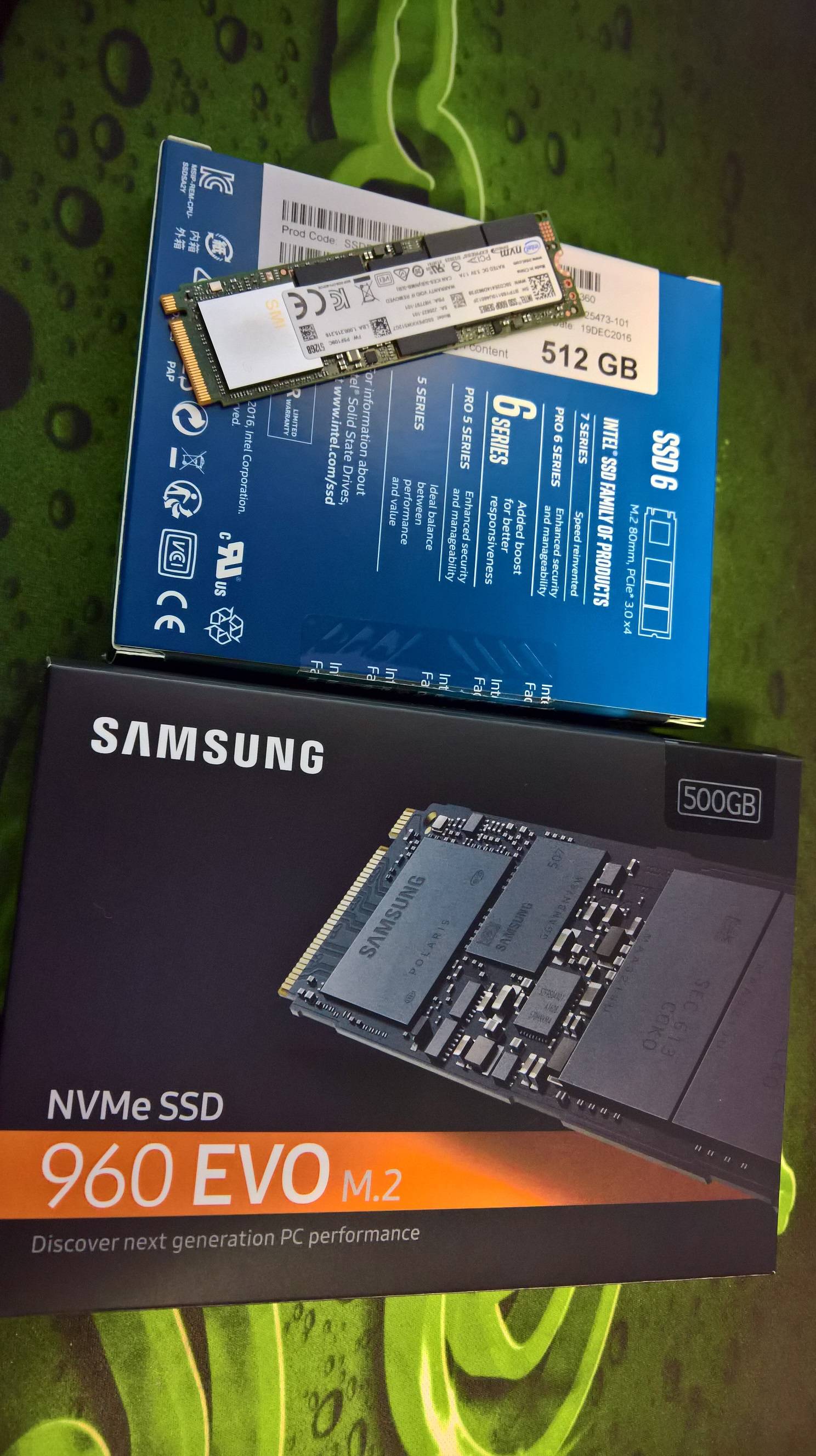newtekie1
Semi-Retired Folder
- Joined
- Nov 22, 2005
- Messages
- 28,473 (3.97/day)
- Location
- Indiana, USA
| Processor | Intel Core i7 10850K@5.2GHz |
|---|---|
| Motherboard | AsRock Z470 Taichi |
| Cooling | Corsair H115i Pro w/ Noctua NF-A14 Fans |
| Memory | 32GB DDR4-3600 |
| Video Card(s) | RTX 2070 Super |
| Storage | 500GB SX8200 Pro + 8TB with 1TB SSD Cache |
| Display(s) | Acer Nitro VG280K 4K 28" |
| Case | Fractal Design Define S |
| Audio Device(s) | Onboard is good enough for me |
| Power Supply | eVGA SuperNOVA 1000w G3 |
| Software | Windows 10 Pro x64 |
Buy cheapest smallest SSD you can buy. Buy PrimoCache. Pair together to a HDD. Cheap SSD performance. There is just no way this Optane thing will be affordable. Not even at such tiny capacities. Cheap 128GB SSD cache will be just better as it'll cache WAY more stuff. And with SSD's, random access is all it matters, not massive sequential speeds. And difference between normal SSD and Optane just isn't that big in real world scenarios.
The only problem with PrimoCache is it doesn't accelerate writes. Otherwise that would be a good alternative.
Hell, Intel already has this same technology. They are just rehashing Smart Response SSD Caching using a super fast XPoint drive(and hence super expensive), and they are still limiting it to 16/32GB. At least Smart Response with a standard SSD lets you use 64GB. I'd be far happier if they just remove the size limit on Smart Response and let use use as much SSD space for caching as we can. At least with Smart Response I can accelerate writes as well as reads.





